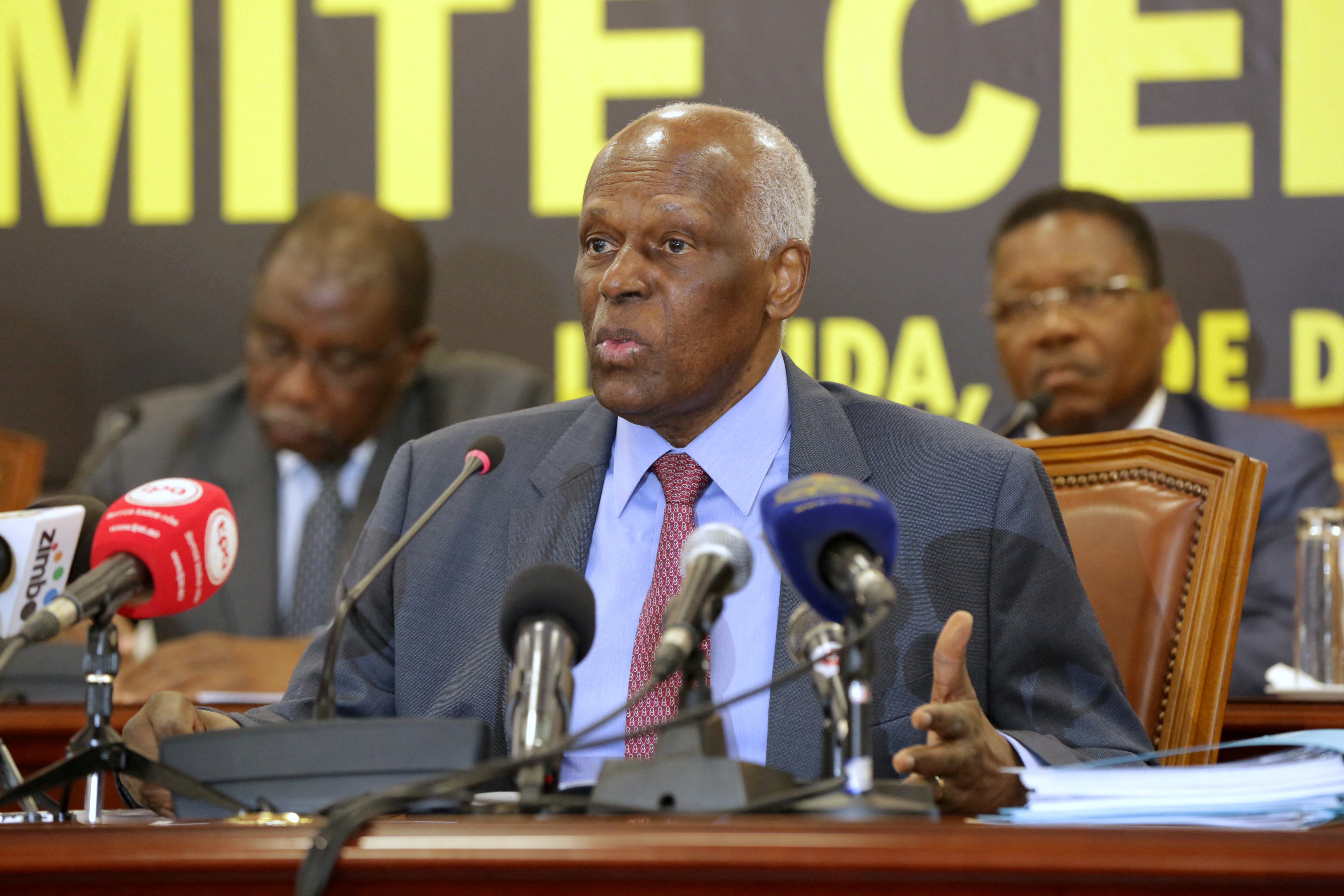NAIROBI, Kenya Dec 14 – A prime property at Nairobi’s 14 Riverside Drive is set for auction following a ruling by a High Court judge who dismissed an application seeking to stop the process.
The property is set to be auctioned over a Sh5 billion debt in a long-running dispute with Synergy Limited which owns the building. The debt has been outstanding since 2010.
Justice Alfred Mabeya’s latest ruling delivered on Friday gives Synergy Industrial Credit permission to auction the prime property that also hosts DusitD2 hotel.
He dismissed an application by I&M bank and its administrator which wanted to halt the auction process over a Sh2.82 billion debt.
In court documents, Synergy Limited says it paid Sh750 million to acquire part of the complex but the sale did not materialise as it was referred to an arbitrator, hence an award of Sh1.6 billion that has since accumulated to Sh4.9 billion with interest.
The sale was further complicated after I&M bank opposed the sale because the property had been charged for a loan of S2.82 billion. Synergy then accused the bank of negligence, saying it had placed a caveat on the property over the dispute.
“Taking into consideration the foregoing, the court can but only agree with the applicant’s contention that the timing of the administration was not meant for the purpose known under the Act,” said the judge.
Synergy Industrial Credit is owned by Vipul Shah, a Nairobi-based businessman while Cape Holdings is owned by the Sanghrajka family–owners of Tile & Carpet and Dusit D2 hotel.
Advertisement. Scroll to continue reading.
According to court documents, and evidence that was adduced in the case, Synergy had purchased two blocks with 14 units, in which it paid Sh750 million.
According to court documents, and evidence that was adduced in the case, Synergy had purchased two blocks with 14 units, in which it paid Sh750 million.
The buyer accused Cape Holdings of declining to hand over or transfer the property, leading to an arbitration – James Ochieng Oduol who ordered the developer to refund the principal amount and interest totaling Sh1.66 billion.
This aggrieved Cape Holdings which filed a case at the High Court, in which a judge quashed the award terming erroneous.
Cape Holdings later agreed to sell the units referred in court as Synergy Square at Sh700 million. The parking silo was sold at Sh3.2 million. Synergy had already paid Sh577 by mutual agreement, the appellate judges were told.
Synergy subsequently sought to be paid Sh1.47 billion including a refund of advance payments, loss of interest, opportunity cost and loss of exchange fluctuation, for monies paid in dollars as well as loss of goodwill while accusing the developer of breaching the contract.
That is when Oduol ordered the developer to pay back Sh1.66 billion.
Aggrieved, Cape Holdings filed an appeal. Justice Kariuki said all the issues determined by the arbitrator went beyond the scope of the case.
Synergy eventually filed an appeal at the Court of Appeal where the case was dismissed, when the judges ruled that the matter ought to have ended at the High Court.
Advertisement. Scroll to continue reading.
Synergy was not to rest at that, it moved to the highest court in the land, filing an appeal at the Supreme Court in search of justice.
Here, the judges ruled that not all arbitration disputes end at the High Court, effectively faulting the Appellate judges’ ruling and referred the matter back to the appeals court.
Lawyer Ahmednassir Abdullahi for Synergy submitted that the High Court had determined the application on a different consideration and beyond the scope.
On its part, Cape Holdings argued that the tribunal arbitrator was outside the scope of its mandate by determining the dispute outside the written agreements.
“The learned judge was not justified in setting aside the arbitral award on the grounds that the arbitral tribunal had dealt with a dispute that was not contemplated by the parties, or one beyond the reference to arbitration, or had decided matters beyond the scope of the reference,” Court of Appeal ruled.





